From collaborating with top-notch brands to shooting international sensation BTS for a TIME cover, Nhu Xuan Hua has grown into a household name in the fashion photography scene. Born in France and working in London, the photographer of Vietnamese heritage is well known for her works that takes inspiration from surrealism and tantalizes with the boundaries of the frame. But her exploration doesn’t stop there. Through a Skype call, Nhu Xuan Hua shares her ongoing journey to trace her Vietnamese identity and the lasting impact the discoveries leave on her worldview and creative process.
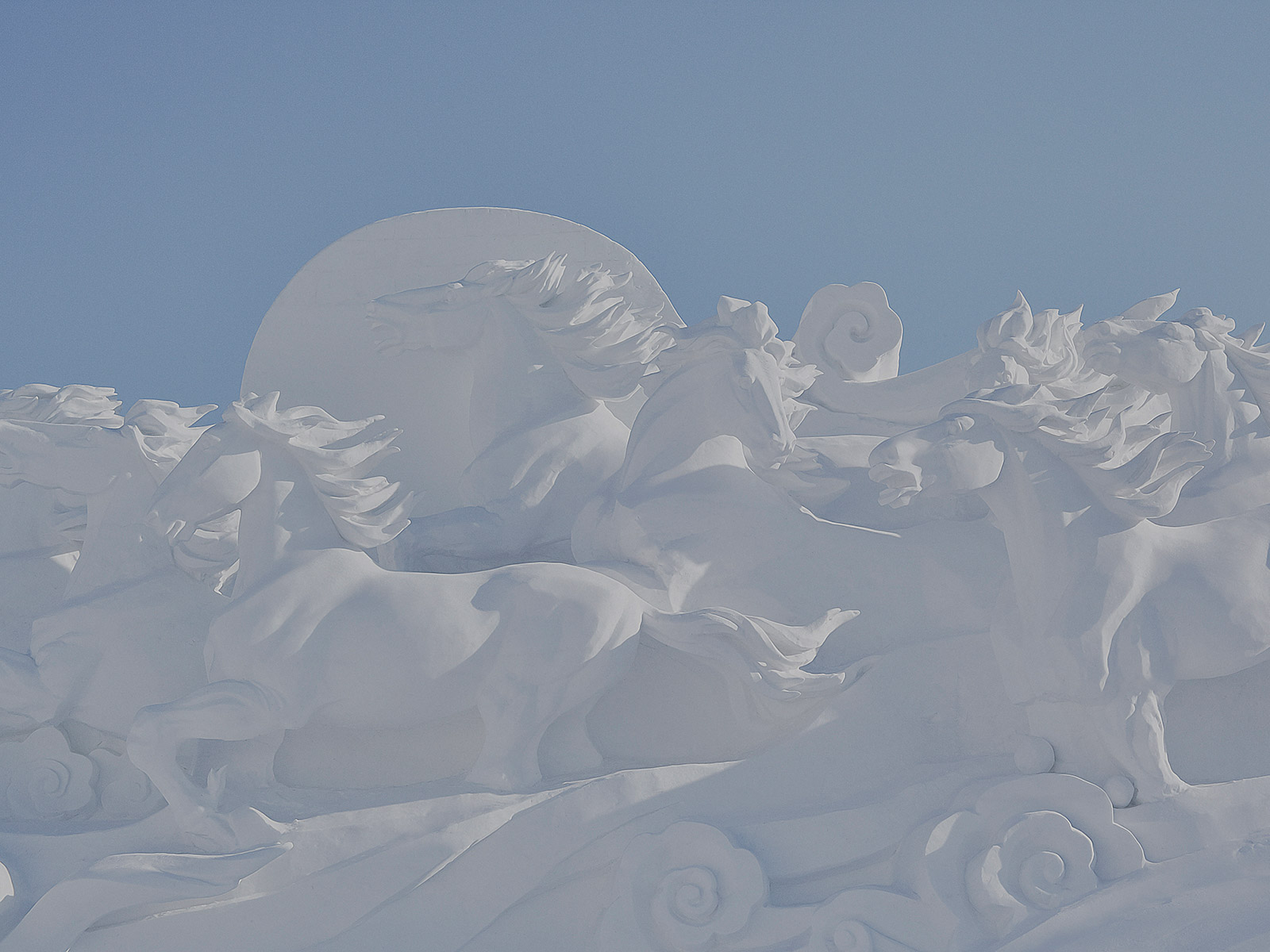
Nhu Xuan Hua: I have always gravitated into art as my father is a painter. When I was little, we used to paint together, but he never encouraged me to follow art since he struggled to make a living out of paintings himself.
Toward the end of high school, I realized that photography was the best tool for me to tell stories. The only thing that mattered was to succeed in the field that I had thrown myself into, despite my family’s concerns about my decision to pursue an art career. I grew up with quite a traditional Vietnamese upbringing, and to many Asian families, art wasn’t considered a job that could bring money. I knew that if you decide to go for art, you cannot be driven by money. At some point, you do need to make a living out of your practice but this cannot be your first input.
I was really ambitious and determined. I did a few internships through my degree, worked in a studio and assisted a couple of photographers, one of whom became my mentor at the time. His techniques and lighting were very cinematic and precise. After assisting him for about a year, I wanted to leave Paris so he pushed me to follow my guts. I started from scratch here in London, ended up by myself in a new country with a new language and no contacts.
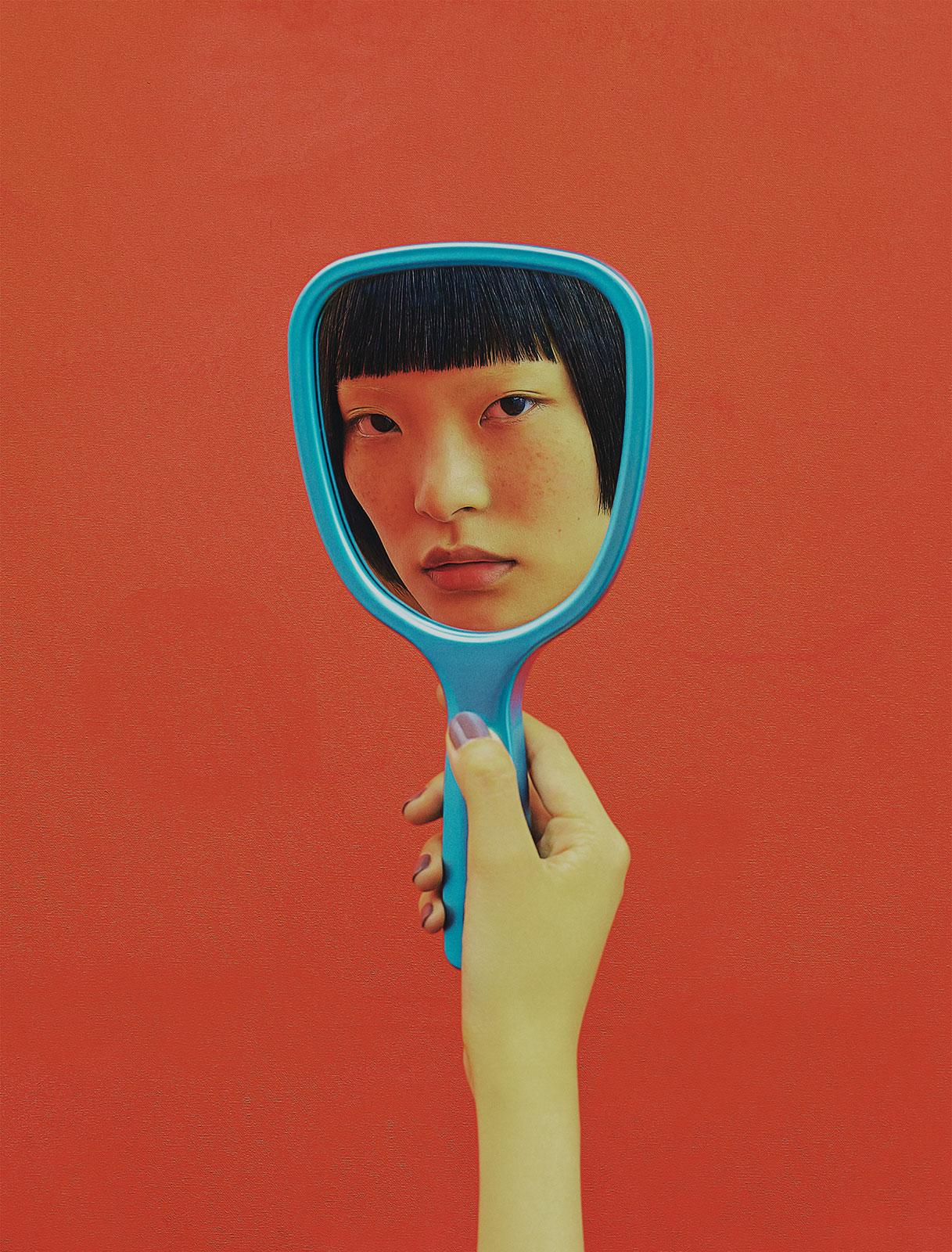
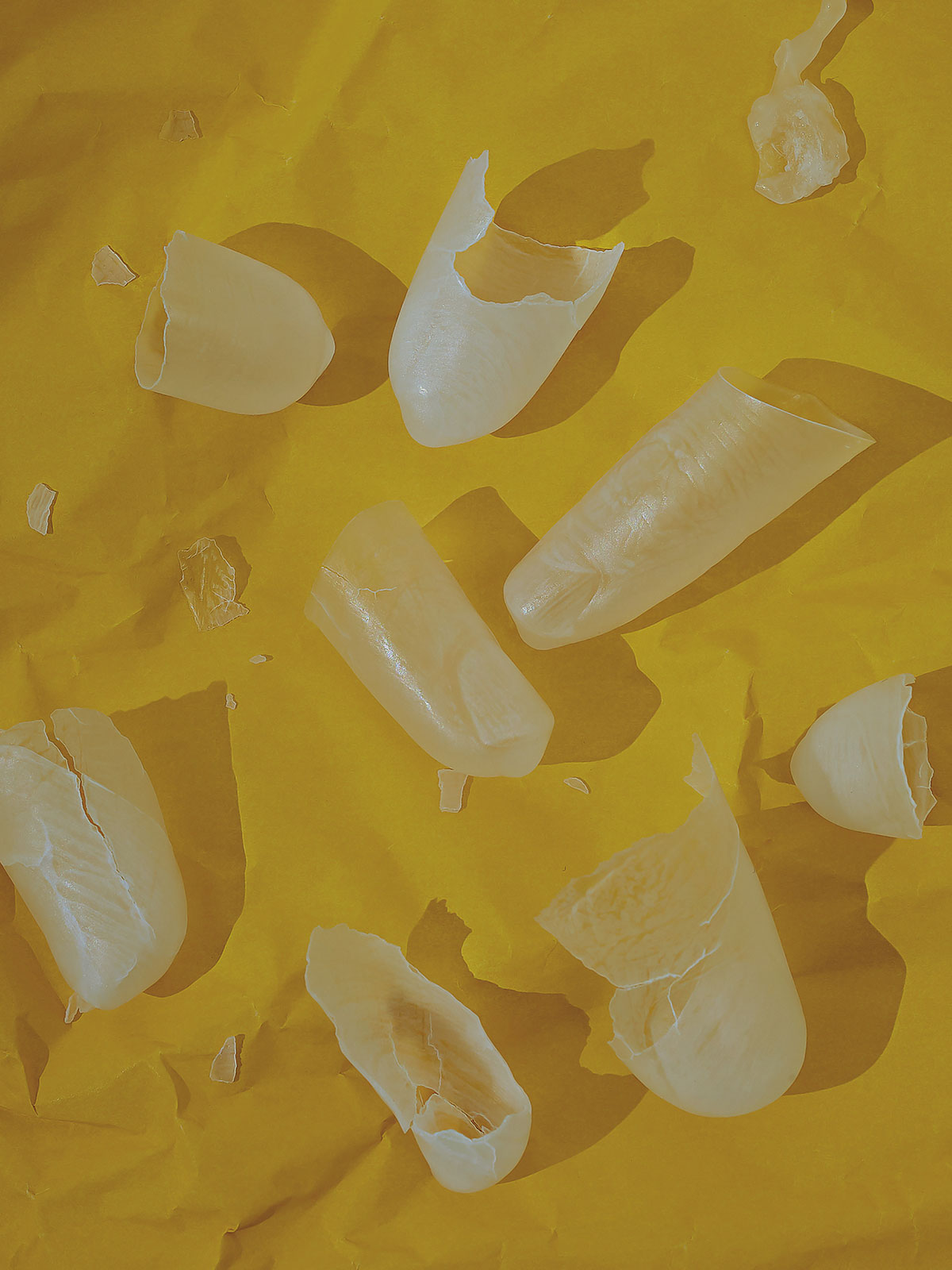
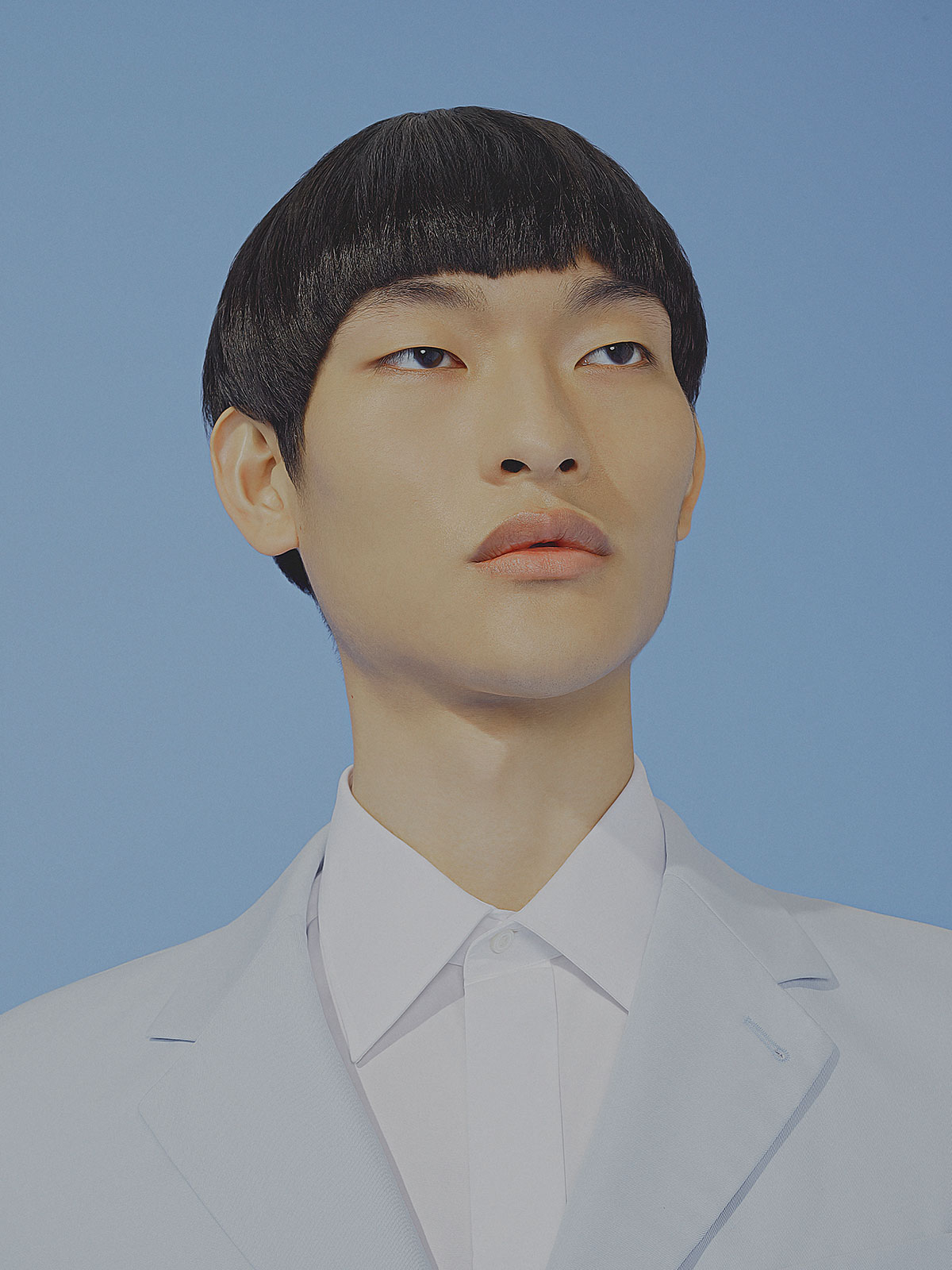

I’ve always struggled with this fashion photographer label. I just see myself as a storyteller. I love creating stories, turning my imagination into reality and embracing the craft and energy of every individual in the team I work with. But at a point, I had a breakdown from shooting too intensively and too much, back to back. I started questioning the meaning of my work. I felt like I needed to move forward.
Despite the hardship, London turns out to be one of the best things that has ever happened in my life because it has unlocked a lot of things inside me. Here, everybody comes from somewhere else and has a different story. Conversations about diversity and cultural affiliation take place daily among friends and people I work with. That has inspired me to start this journey through my Vietnamese roots by delving into my family history which I used to know almost nothing about. And that has deeply affected my work, the way I reflect on things, and my vision on society.
In 2016, I came back to Saigon for the first time as an adult. I met my mom there to go on a hunt to find original music CDs from the time she was in Vietnam, before the end of the war. As a matter of fact, we couldn’t find anything. I understood that I will need to dig deeper somewhere.
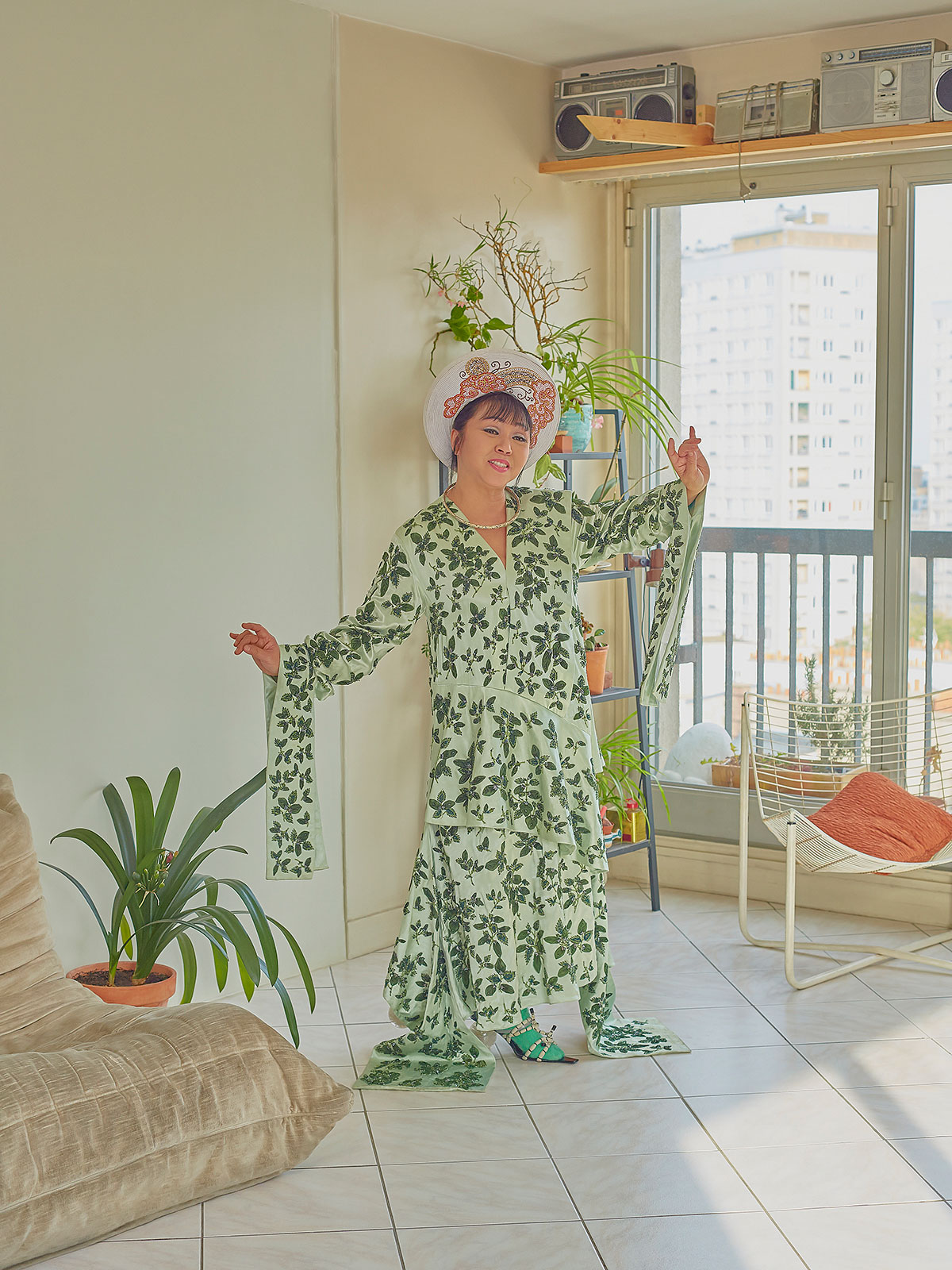
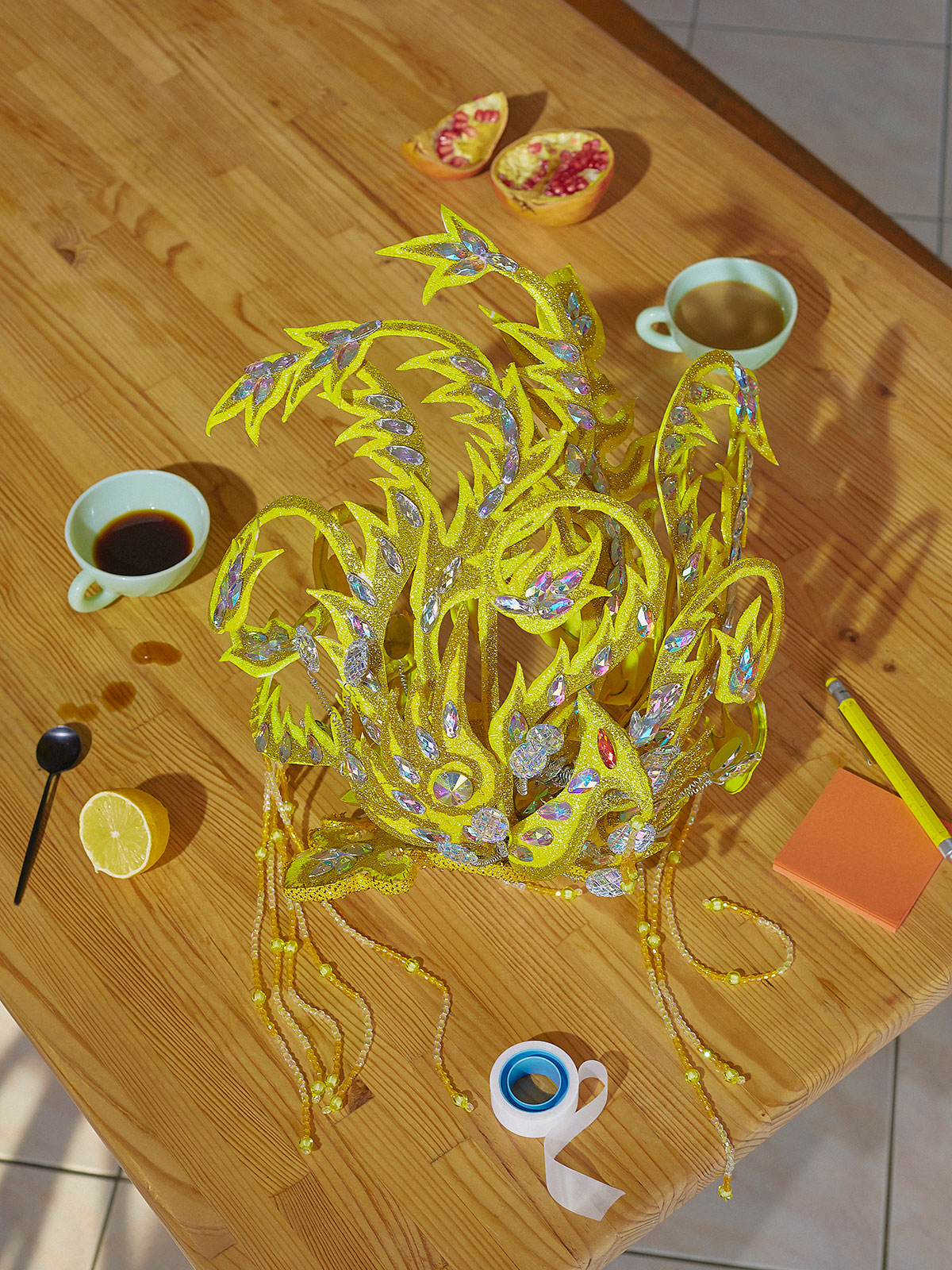
I later received an assignment from Numero China magazine with the theme of live performance, and took this opportunity to educate myself about Vietnamese music. I wanted to have an actual Vietnamese singer and a model that embodies myself – someone in the process of learning about cultural heritage. Eventually, I contacted a singer based in Paris called Huong Thanh – the daughter of Huu Phuoc, a very famous opera singer back in the days. “I have a son who’s the same age as you,” she said when we met. She was really pleased to hear about my personal research and encouraged our generation to expand the narrative when it comes to Vietnamese representation.
I wanted to add some Vietnamese lines on the images, which are part of a poem by Luu Trong Lu. I remember discussing poetry and songwriting with Huong Thanh, being curious about the usual song topics. It felt like nostalgia was always a big part of it. Since my Vietnamese is not fluent, I couldn’t fully understand the direct meaning of the lines that I was trying to translate. I left a blurry line between the actual meaning and my own understanding of the words on purpose. For me, poetry is not just the association of words, it’s about the sound, the musicality and eventually the emotional state that it will take you to.
Huong Thanh also shared that every single hand movement in the performance was referring to a word. She showed me the variation of the movements for me, you, the fish and the moon. I found this quote so beautiful and it became the title of the project.
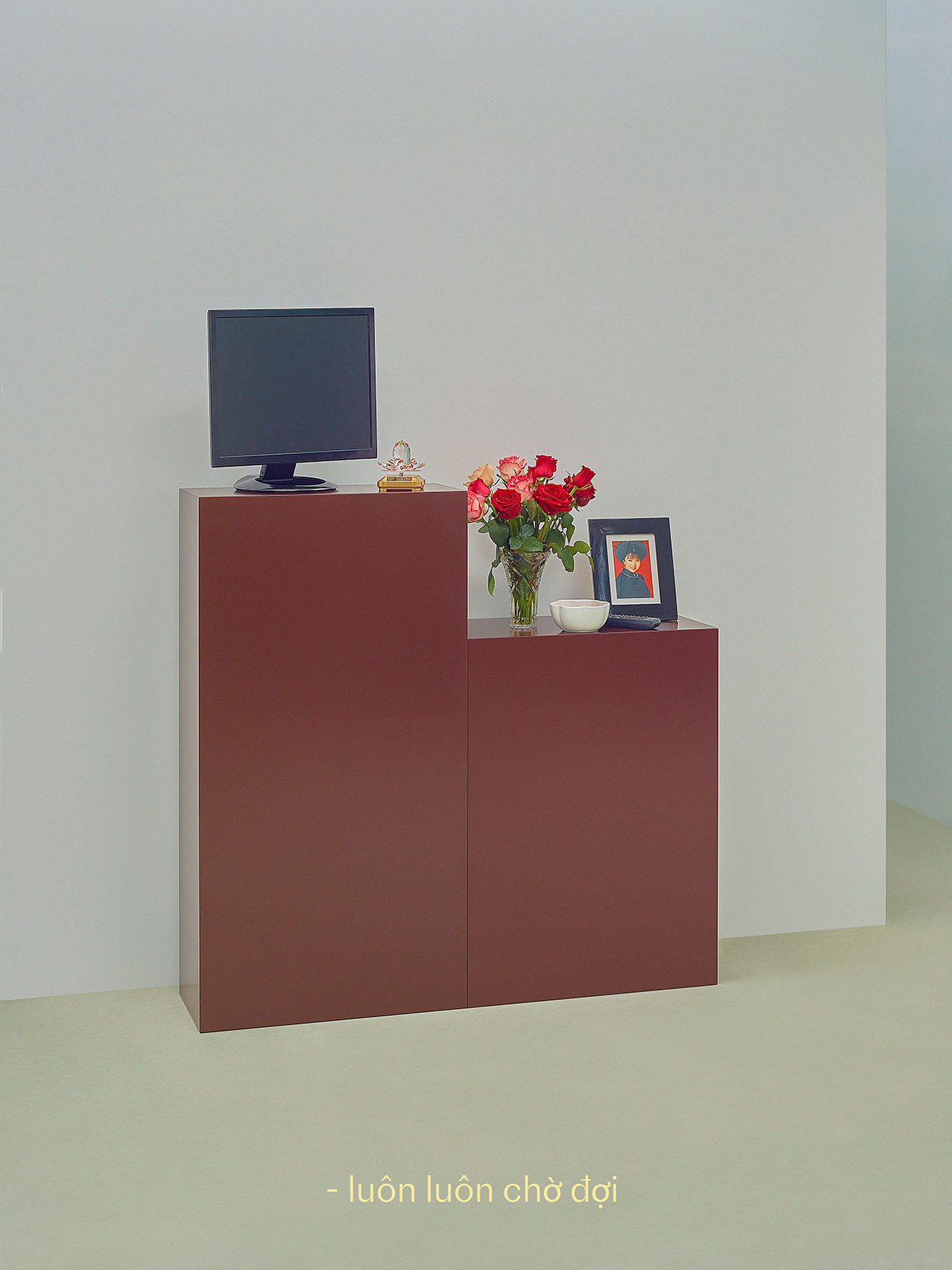
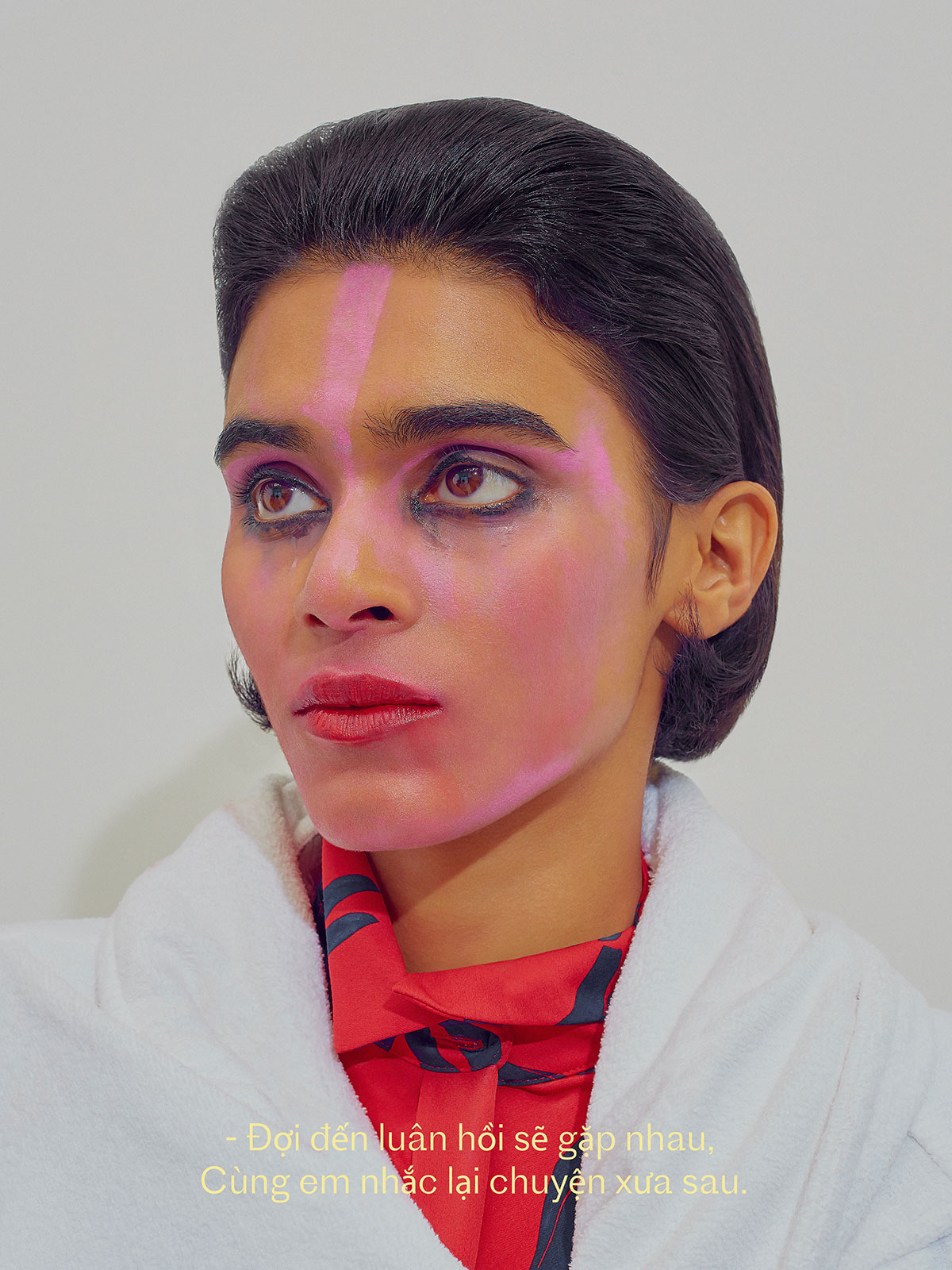
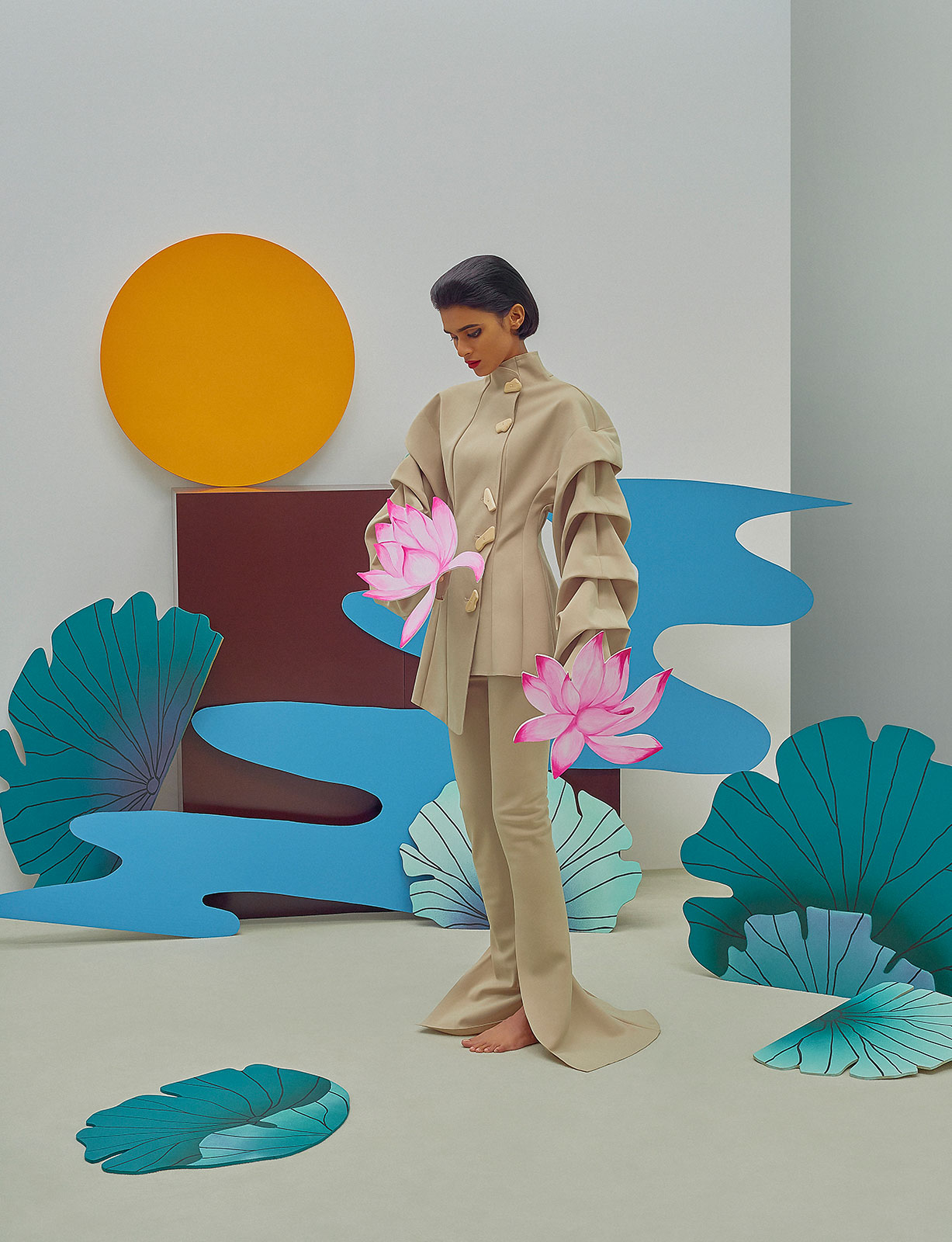
There is a presence of dignified bodies filled with poetry and sometimes absence in my work. The hands and the gaze are very important. Somehow, this obsession with body language might come from the frustration of not being able to make myself understood fully by my father. For years we have communicated in a very special way because he speaks Vietnamese, I speak French, he is deaf and I do not understand sign language. It has always been complicated because we used to paint together and were very close when I was little, when we did not need to verbalize our feelings. This issue has affected me for a while and I’m trying to explore it in my personal works because it has affected, even unconsciously, the way I was directing my models.
After moving to London, I realized the emotional detachment between my family and I. Communication has never been our forte, but working on my project Tropism allows me to step forward and be able to open a dialogue with them. The term “tropism” had its root in biology to describe automatic movement of organisms or plants in response to external stimuli. It has been used afterwards in Literature by French author Nathalie Sarraute, who referred to tropisms as inner movement or body reaction in response to life events.
This work is based on archive pictures of my family that I have gathered through the years. It aims to explore the displacement of memories and my interpretation of those events that aren’t directly connected to my own experience, but still can transport me to an emotional place.
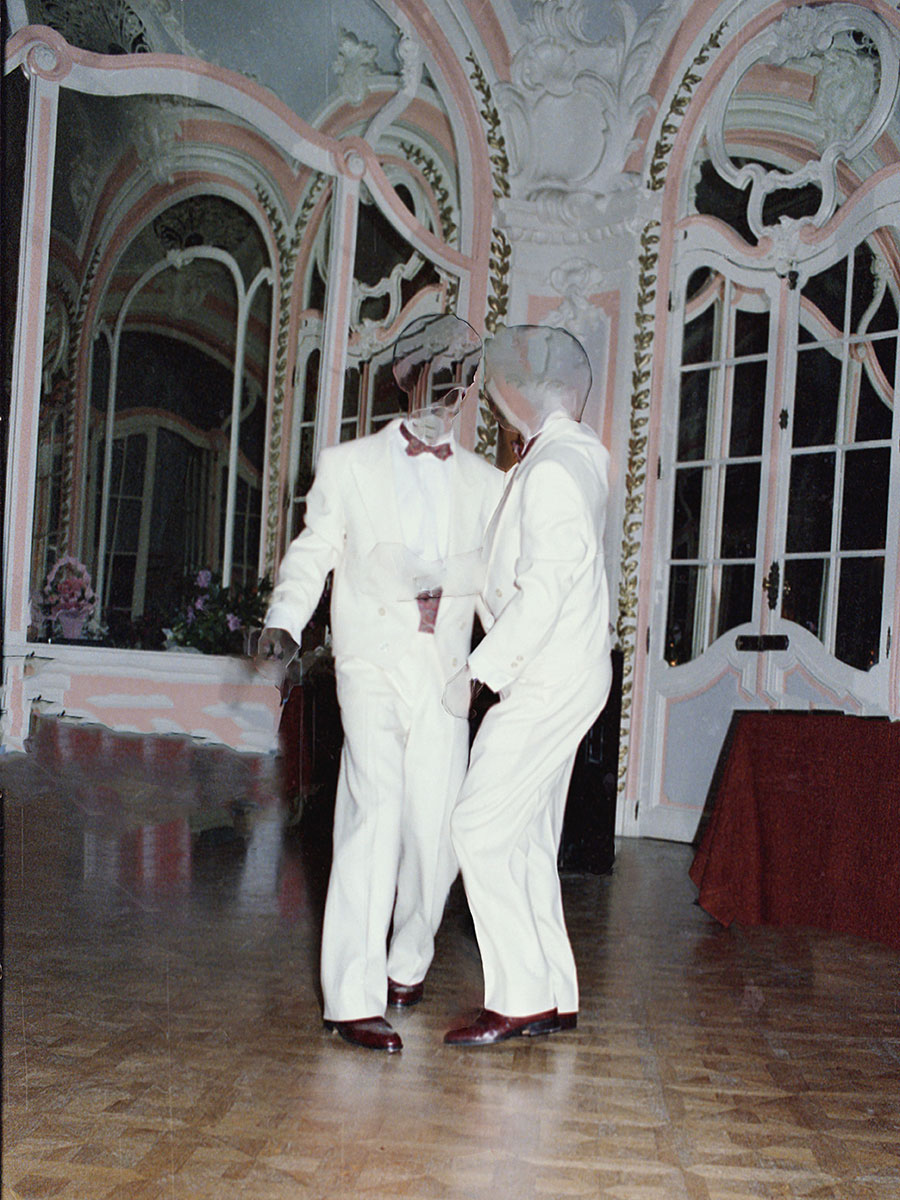
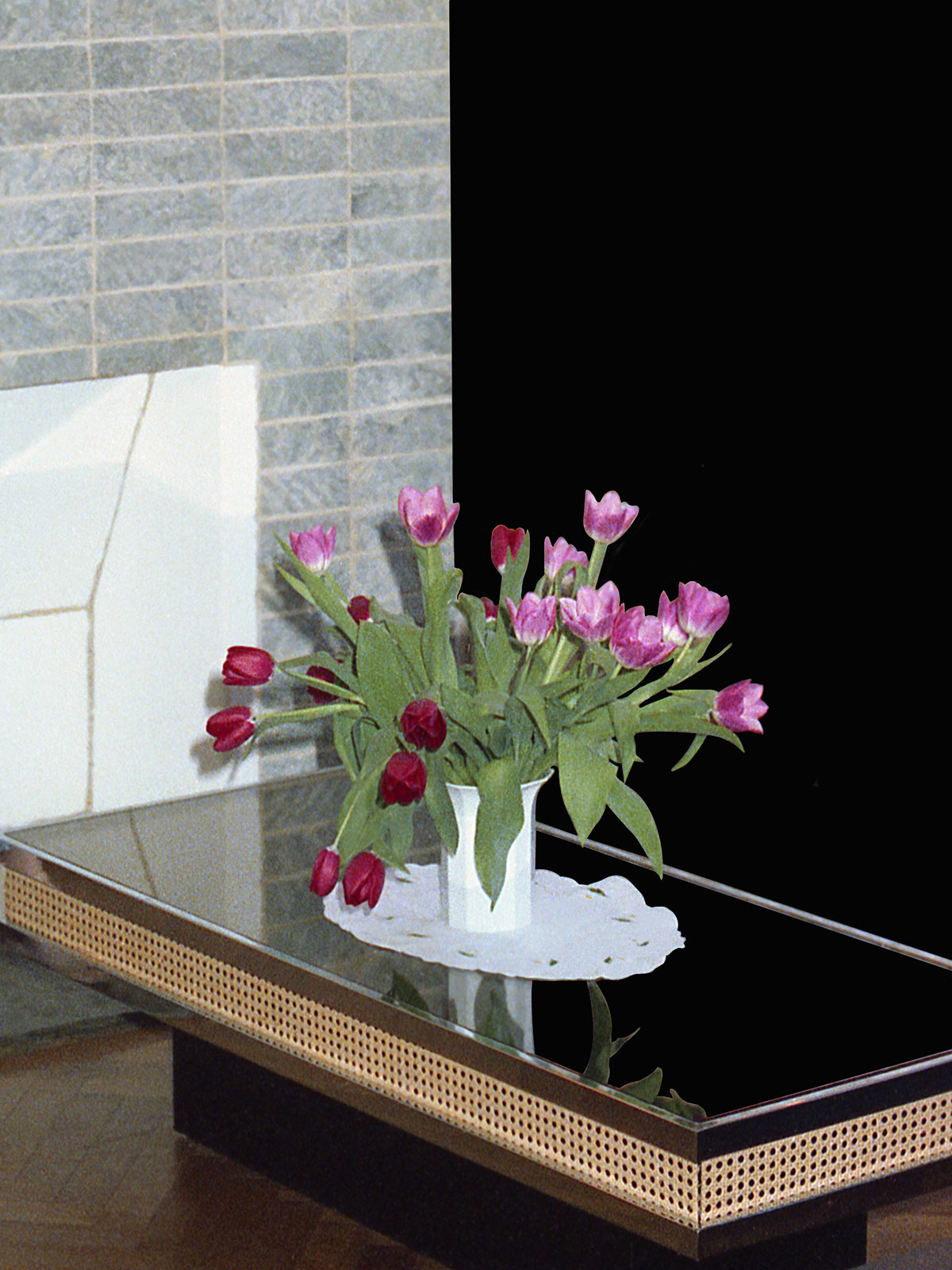
The process of working on this project is completely different from my past work, because all stories I have done are prepared and researched carefully, so every detail is well thought out. Whereas with Tropism, I have decided to distort those memories visually in a very instinctive way. I spend time looking at hundreds of photos from my family, one would catch my attention and I would work on it without questioning why.
I was overwhelmed by all those discoveries. It allowed me to draw a path in my personal history and to slowly patched up the missing elements of my identity. They brought understanding of not only myself but my education, my parents, the relationship between members of the family, the strength and pride they have and what they try to pass onto the new generation. I can only be grateful for everything my parents have given me because they had to give up on their life in order to rebuild new roots somewhere else.
It’s important for a person to know where they belong and have a solid foundation in order to move forward in life. As I go further on this journey, I could gradually accept the fact that I am made up of diverse places: part of me is French, part of me is British, part of me is Vietnamese; and this is a strength that I should embrace. Today, I feel really connected every time I go back to Vietnam. I am much more aware of what I am seeking for and the reasons that drives me in my work or life choices.
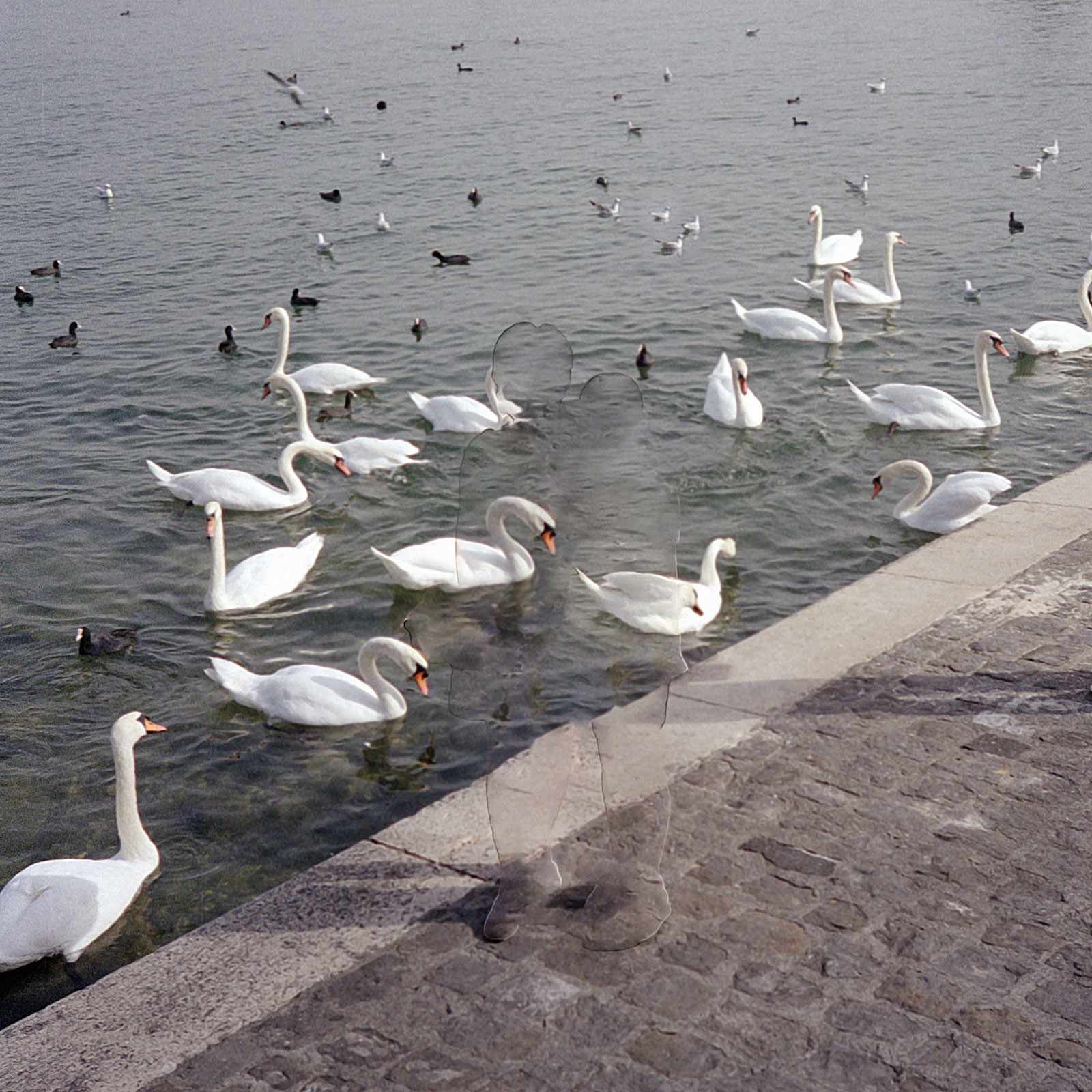
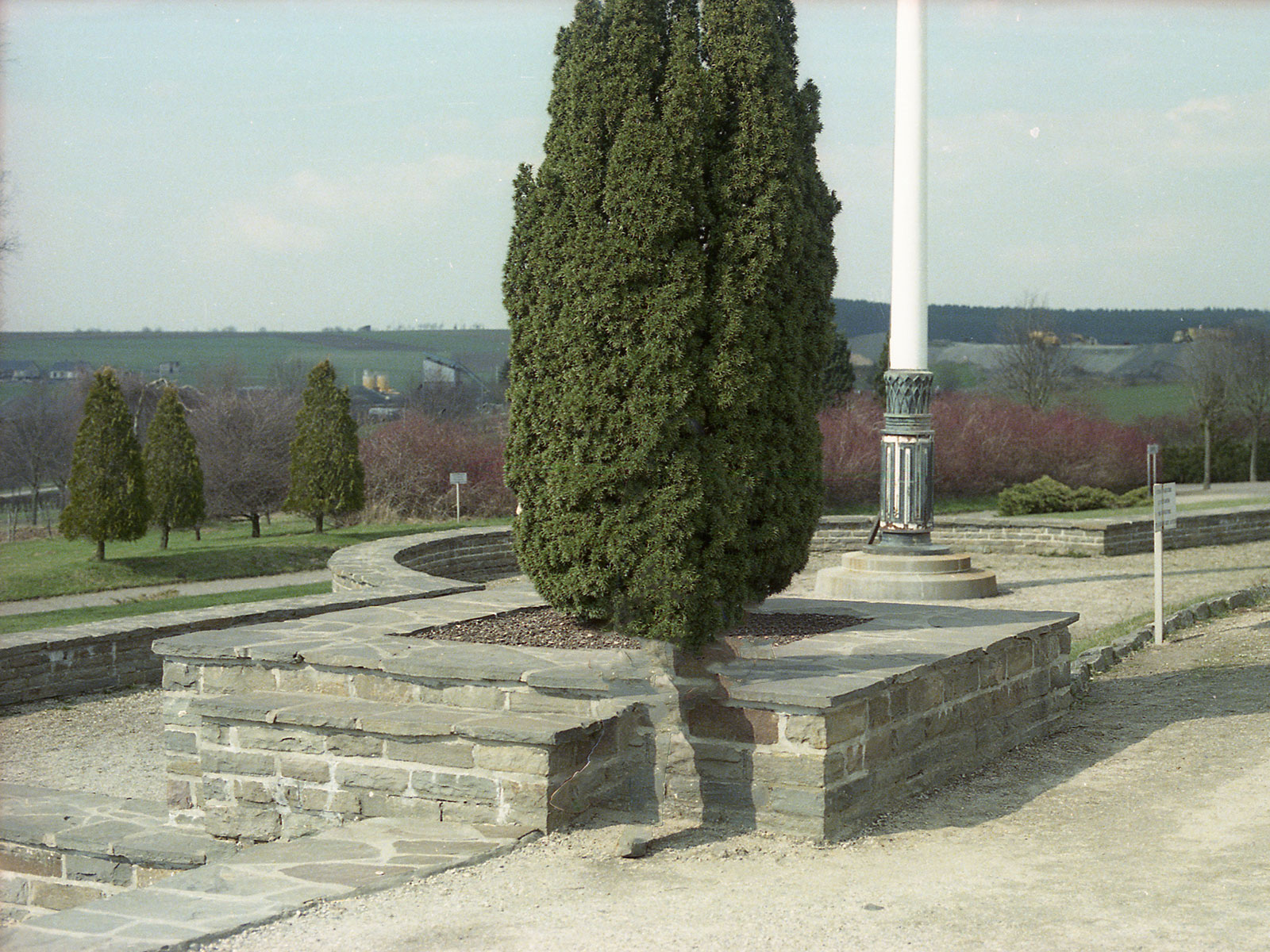
Nhu Xuan Hua‘s imagery portrays narrative and conceptual visuals where photography occasionally meets mixed media. She shapes each component of the photograph as a sculptor would do with clay, looking at every object as a tangible matter more than a functional tool. She uses her sets to turn her vision into reality, challenging the limit of the space and the bi-dimensionality of the frame that she fills with fragmented compositions.
Her visual stories are the result of a constant dialogue between past and present. Between 2017 and 2019, she delved into the power of memories through different evolutionary states in a piece of work titled TROPISM: Consequences of a Displaced Memory.
Connect with Nhu Xuan Hua on Instagram.
